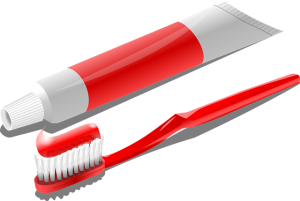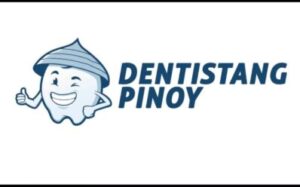
- Oral Hygiene
Good oral hygiene is significant to your general health . Oral hygiene is the practice of keeping the mouth and teeth clean to prevent dental problems like tooth decay, gingivitis, periodontitis, bad breath, and more.
If we want to keep our teeth forever, we must maintain cleanliness of our teeth and gums.
Every time we eat, food residues may remain in the mouth and attach itself to tooth surfaces. If these residues will stay for a longer period of time, it may form plaque or calculus that will promote tooth decay which leads to dental problems. To prevent dental problems we need to have a good oral hygiene.
How You Can Keep Your Teeth Healthy
- Brush at least twice a day — after breakfast and before bedtime. If you can, brush after lunch or after sweet snacks. Brushing properly breaks down plaque.
- Brush all of your teeth, not just the front ones. Spend some time on the teeth along the sides and in the back. Have your dentist show you the best way to brush to get your teeth clean without damaging your gums.
- Take your time while brushing. Spend at least 2 or 3 minutes each time you brush. If you have trouble keeping track of the time, use a timer or play a recording of a song you like to help pass the time.
- Be sure your toothbrush has soft bristles (the package will tell you if they’re soft). Ask your parent to help you get a new toothbrush every 3 months. Some toothbrushes come with bristles that change color when it’s time to change them.
- Ask your dentist if an antibacterial mouth rinse is right for you.
- Learn how to floss your teeth, which is a very important way to keep them healthy. It feels weird the first few times you do it, but pretty soon you’ll be a pro. Slip the dental floss between each tooth and along the gum line gently once a day. The floss gets rid of food that’s hidden where your toothbrush can’t get it, no matter how well you brush.
- You can also brush your tongue to help keep your breath fresh!
It’s important to visit the dentist at least twice a year. Besides checking for signs of cavities or gum disease, the dentist will help keep your teeth extra clean and can help you learn the best way to brush and floss.
It’s not just brushing and flossing that keep your teeth healthy — you also need to be careful about what you eat and drink. Remember, the plaque on your teeth is just waiting for that sugar to arrive. Eat lots of fruits and vegetables and drink water instead of soda. And don’t forget to smile!
(Always Seek Professional Help)
